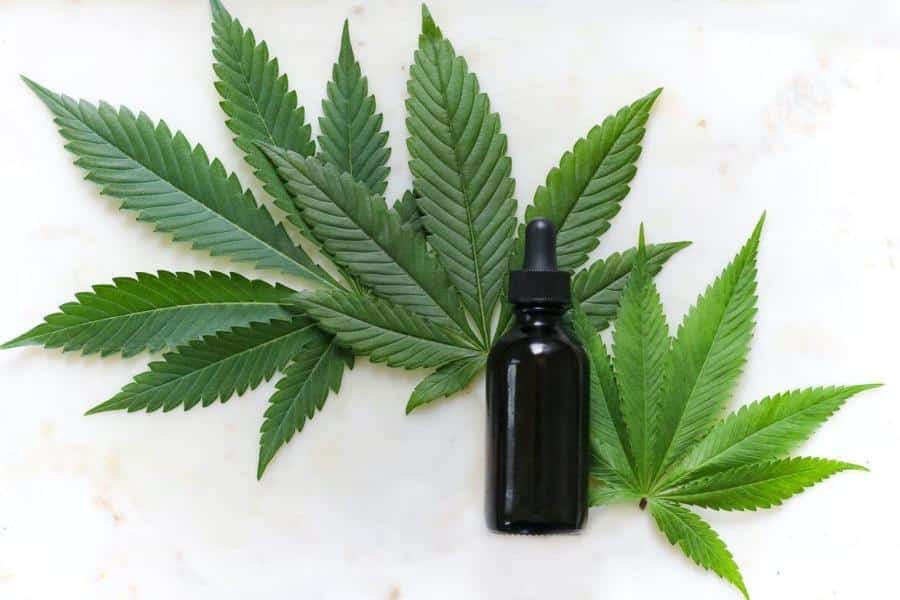At times, the legalization of marijuana has gained momentum in states and countries. As a result, the emergence of weed dispensaries has become an aspect of the cannabis industry. Whether you're new to this or an experienced consumer, understanding how to navigate through these establishments can sometimes feel overwhelming in Brockton, Massachusetts. This comprehensive guide aims to provide insights and help you make decisions when it comes to weed dispensaries.
1. Understanding Weed Dispensaries;
a. What are Weed Dispensaries?
Weed dispensaries, also known as cannabis or marijuana dispensaries, are regulated establishments where individuals can purchase a range of cannabis products. These may include flowers, edibles, concentrates, and topicals, among others. The primary purpose of these dispensaries is to offer a controlled environment for people seeking access to cannabis for recreational purposes.
b. Different Categories of Dispensaries;
There are primarily two categories under which weed dispensaries fall: recreational. Medical dispensaries require patients to possess a marijuana card or receive a recommendation from a healthcare professional. On the other hand, recreational dispensaries in Brockton, Massachusetts, operate in states or countries where cannabis is legal for adults aged 21 and above without any medical requirements.
2. How to Find a Weed Dispensary;
a. Understanding Local Regulations and Laws;
Before you start looking for a dispensary, it's important to familiarize yourself with the regulations and laws in your area regarding cannabis. Each state or country has its guidelines that determine where, when, and how cannabis can be purchased and consumed. Having this knowledge will help ensure that you stay within boundaries.
b. Online Resources and Directories;
There are resources and directories available that provide comprehensive lists and reviews of weed dispensaries in your area. Websites like Weedmaps and Leafly offer information about dispensaries, including their locations, operating hours, menus, and customer reviews. These resources can be tools in finding a dispensary that meets your needs and preferences.
3. Paying a Visit to a Weed Dispensary;
a. Verifying Your Identity;
When you enter a weed dispensary, it's necessary to have identification on hand to prove your age and eligibility for purchasing cannabis products. Common forms of accepted identification include driver's licenses, passports, or state-issued identification cards.
b. Knowledgeable Staff Members;
Dispensaries employ staff members who are well-informed about cannabis products to assist customers in selecting the options for them. These individuals are trained to provide guidance and answer any questions you may have regarding strains, consumption methods, and dosage recommendations.
Feel free to reach out to them for their expertise so that you can make informed decisions.
c.. Product Diversity;
Weed dispensaries typically showcase their range of products either on a menu or in display cases. This allows customers to explore strains and products before making a purchase. From sativa flower strains to edibles, concentrates, and more, dispensaries provide an array of options to cater to various preferences and needs.
4. Selecting the Appropriate Products;
a. Understanding Strains;
Cannabis strains can be broadly categorized into three types: indica, sativa, and hybrids. Indica strains are recognized for their sedating effects, while sativa strains generally offer energizing and uplifting experiences. Hybrids combine characteristics from both sativa strains. Getting acquainted with the distinctions between these strains will assist you in choosing the product based on your desired effects.
b. Methods of Consumption;
Weed dispensaries offer a variety of consumption methods, each with its advantages and effects. Traditional smoking techniques like joints or bongs are choices among consumers. However, there are also options, such as vaporizers, edibles, tinctures, topicals, etc., available. Consider your preferences, lifestyle, and desired effects when deciding on a consumption method.
c. Potency;
It's important to figure out the dosage and potency when using cannabis products to prevent any effects or discomfort. If you're new to cannabis, start with a dosage. Gradually increase it as you get more familiar with how your body responds. The staff at the dispensary can offer guidance on recommended dosages based on your experience and preferences.
5. Legal and Safety Considerations;
a. Responsible Consumption;
Even if cannabis is legal in places, responsible consumption is key. It's crucial to understand the limits for possession, consumption, and driving while under the influence of cannabis. It's also important to store cannabis products, keeping them away from children or individuals who shouldn't have access.
b. Quality and Testing;
Reputable dispensaries prioritize the quality and safety of their products. Many dispensaries work with cultivators and manufacturers who follow regulations and conduct third-party testing for potency and contaminants. Look for dispensaries that provide information about their sourcing practices and testing procedures.
Conclusion
Exploring weed dispensaries can be an opportunity for learning things.
By gaining knowledge about the kinds of dispensaries using sources and understanding what to anticipate when visiting, you can make informed decisions in selecting cannabis products that suit your requirements and personal preferences. It is important to consume and abide by the regulations applicable in your area.


